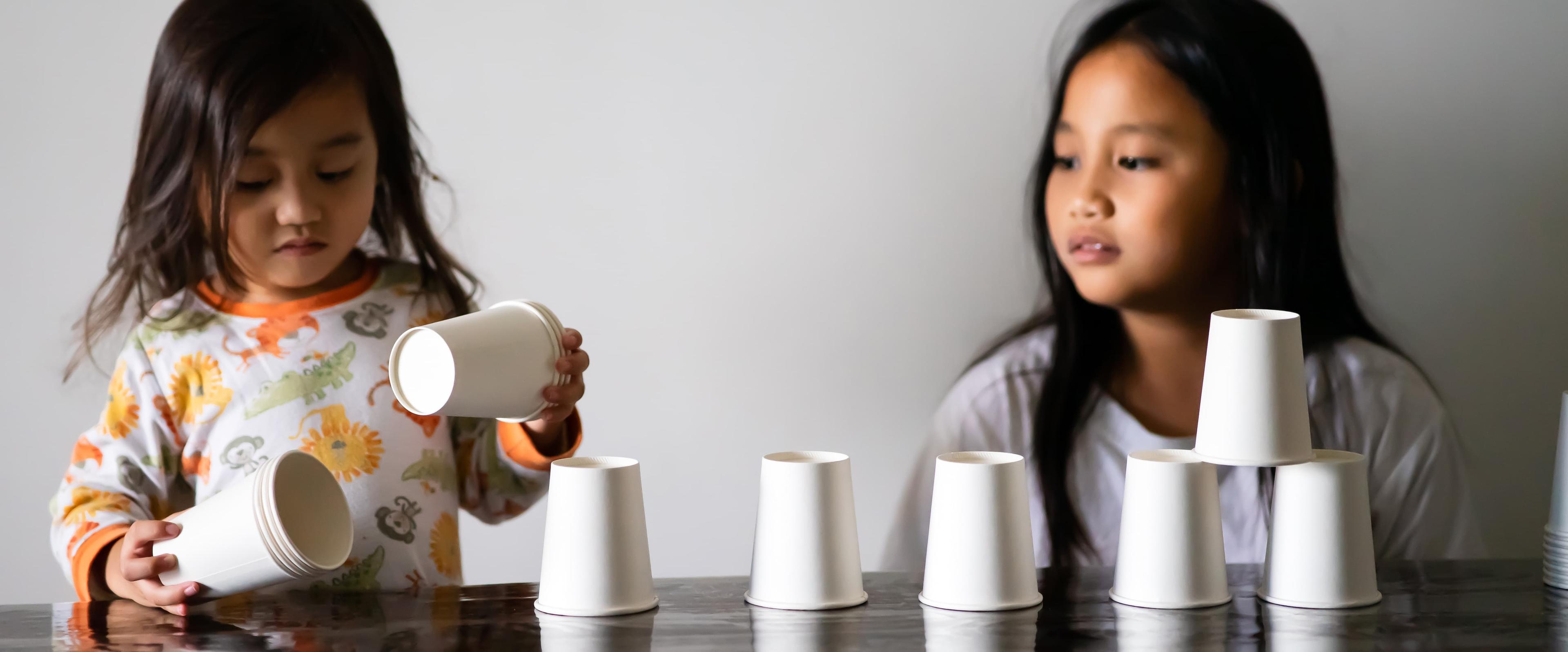Normalisation is a key concept in the Montessori approach to education, which is focused on helping children develop their inner potential.
What is Normalisation?
Normalisation refers to the process by which children in a Montessori classroom develop self-discipline, concentration, and a love of learning through their work with the Montessori materials and the guidance of their teacher.
The Montessori classroom is designed to promote normalisation. The materials are carefully selected to meet the developmental needs of each age group, and they are arranged in an orderly, inviting manner. The classroom environment is calm and quiet, and the teacher is a guide who observes the children and provides individualised support as needed.
In a normalised Montessori classroom, children are able to work independently and collaboratively, and they are motivated by their own curiosity and desire to learn. They are respectful of others and their environment, and they take pride in their work.
The key to promoting normalisation in the Montessori classroom is to create an environment that supports the child's natural tendencies to explore, discover, and create. This requires a deep understanding of child development and the Montessori philosophy.

How does Montessori promote Normalisation?
- Usage of Montessori materials: These materials are designed to be self-correcting, which means that the child can see their own errors and make corrections without the need for external feedback. This promotes a sense of independence and self-confidence, which are essential for developing inner potential.
- Allowing the child to work at their own pace: Unlike traditional classrooms, where children are expected to all work on the same task at the same time, Montessori classrooms allow children to choose their own work and to work at their own pace. This promotes a sense of autonomy and self-direction, which are also essential for developing inner potential.
- Provide children with opportunities for hands-on learning and exploration: The Montessori materials are designed to be manipulated and explored, which allows children to learn through their own experiences and discoveries. This promotes a sense of curiosity and engagement, which are essential for developing inner potential.
- Providing children with a sense of community and belonging: The Montessori classroom is designed to be a place where children feel safe, respected, and valued. Children are encouraged to work collaboratively and to respect each other's work and ideas. This promotes a sense of empathy and social awareness, which are essential for developing inner potential.
In conclusion, normalisation requires a deep understanding of child development and the Montessori philosophy, as well as a commitment to providing children with opportunities for hands-on learning and exploration, autonomy and self-direction, and a sense of community and belonging.

